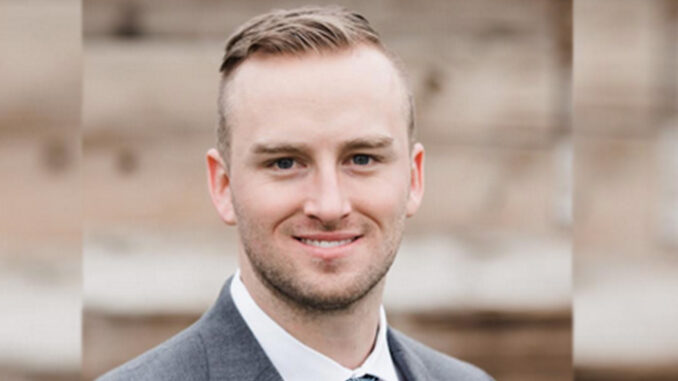
A dispute over the change of one word to an election law in 2019 has led to scrutiny of the attorney who recently filed a complaint with the Arizona Supreme Court seeking to invalidate the results of three key statewide races nine months after the 2022 General Election.
Ryan Heath filed the Complaint for Special Action on Aug. 17 on behalf of two Arizona voters, Tom Crosby and David Mast. They claim their votes were “diluted” last November by “illegal ballots” included in the more than 1.3 million early (vote-by-mail) ballots accepted in Maricopa County.
As a result, Crosby and Mast contend that if those illegal ballots are removed, the Republican candidates for governor and attorney general would likely have won. The secretary of state race is also included in the complaint.
However, Gov. Katie Hobbs, Attorney General Kris Mayes, and Secretary of State Adrian Fontes are named as defendants in their official capacity and not as individual candidates. The complaint also disputes the results of Proposition 308 related to classification of students for tuition purposes and Prop 309 related to voter identification.
The filing has brought renewed scrutiny to Heath, who represented Mast in a
failed attempt to file a brief in Kari Lake’s election challenge against Katie Hobbs for governor. Court records show even Lake’s legal team objected to the effort by Mast and Heath.
Heath was admitted to the State Bar of Arizona in November 2020. He is also the president and CEO of The Gavel Project, whose website describes Heath as “a constitutional expert and talented legal strategist.”
Tom Ryan, a Chandler-based attorney and commentator for Arizona’s Law, has been a frequent critic of Heath’s legal maneuvers. And Ryan was not impressed by the latest filing.
“No matter how much one tries to polish a cow pie, you’re never gonna make it shine. Something young Mr. Heath has not yet learned,” Ryan said.
The complaint also comes as voters await a decision by the Arizona Supreme Court on attorney general candidate Abe Hamadeh’s petition for special action seeking a new trial in his December 2022 election challenge against Mayes.
Jennifer Wright, one of Hamadeh’s attorney, told Arizona Daily Independent she hopes the Crosby/Mast complaint does not distract the justices from Hamadeh’s well-pled and timely filing.
“Although I share many of the [Crosby/Mast] Petition’s concerns about the administration of the 2022 election, a special action petition asserting original jurisdiction in the Arizona Supreme Court on what amounts to a late-filed election contest is not likely to succeed,” Wright said. “I suspect it will be summarily denied.”
Heath responded Friday to some of the criticism, telling Paul Weich of Arizona’s Law that “the crux of the argument is constitutional in nature, it’s supported by caselaw, and that the evidence supporting this claim was withheld by Maricopa County until recently.”
Meanwhile, Crosby is a member of the Cochise County Board of Supervisors, although Heath failed to inform the justices that one of the plaintiffs is an elected official.
Crosby has raised eyebrows for his role in authorizing a lawsuit against a county employee without a formal board vote and failing to show up to canvass the county’s 2022 General Election results despite a court order. He was also recently threatened by Mayes’ office for allegedly violating Arizona’s open meeting law on multiple occasions.
The heart of the filing with the supreme court is Arizona Revised Statute 16-550(A) which deals with verifying a voter’s signature on an affidavit envelope before an early (by-mail) ballot can be sent to tabulation. The verification is done by comparing the affidavit signature to that voter’s “registration record.”
Prior to 2019, Arizona law pertaining to verification referred to matching against a voter’s “registration form.” Which for some voters could be a document that is decades old.

